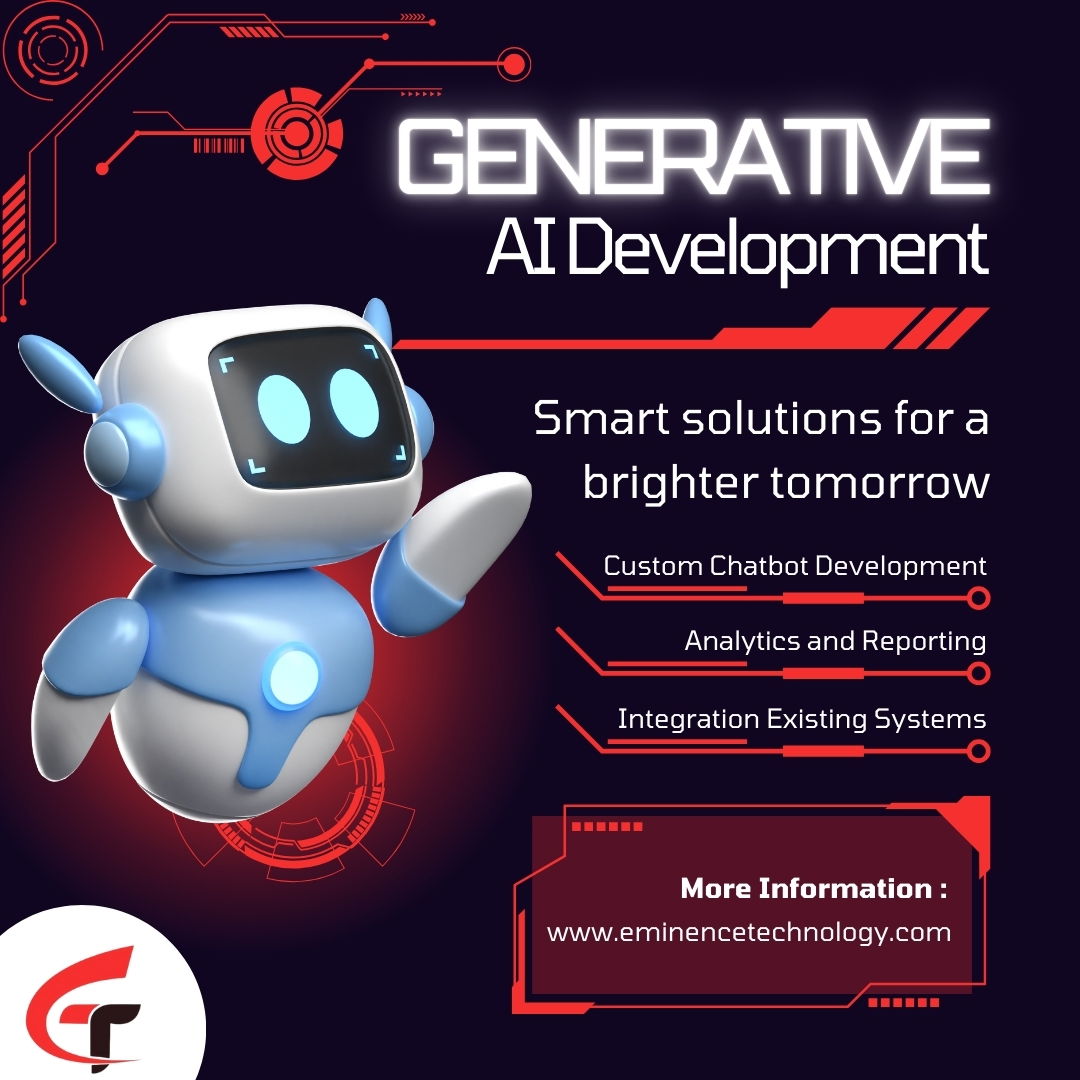Future of Gaming with AI: Innovations and Opportunities
Artificial Intelligence (AI) is no longer a futuristic concept; it’s a reality reshaping industries, including gaming. As the gaming sector continues to evolve, AI is emerging as a game-changer, unlocking innovative opportunities that enhance both the development process and the player experience. From procedural content generation to AI-driven game testing, the future of gaming with AI is full of potential. This article delves into how AI is transforming gaming and the opportunities it brings for developers and players alike.
AI-Powered Game Development
AI has already begun to revolutionize the way games are created. Traditional game development often requires manual input from developers to create dynamic gameplay elements, such as non-playable characters (NPCs), levels, and challenges. However, with the advent of AI in game development, these elements can now be generated and enhanced autonomously.
AI-driven game development enables the creation of more dynamic, immersive, and interactive environments. AI allows for the automatic generation of game content, streamlining the development process and reducing the time spent on manual tasks. This is particularly useful for developers looking to create vast, detailed game worlds. Through procedural content generation, AI can generate entire worlds or levels with little input from developers, creating a unique experience for each player. This innovation not only enhances the gaming experience but also allows developers to focus on more creative aspects of game design.
Generative AI in Gaming
One of the most exciting AI innovations in gaming is the use of generative AI. Unlike traditional AI, which follows predefined rules or algorithms, generative AI has the ability to create new content based on learned patterns. This can include generating new levels, characters, dialogue, and even storylines that adapt to the player’s behavior and preferences.
Generative AI in gaming opens up endless possibilities for customization and dynamic storytelling. For example, in RPGs or adventure games, the narrative can evolve based on the choices players make, ensuring a more personalized and engaging experience. This technology not only enhances gameplay but also reduces the workload for developers, as AI can autonomously create new content, adapt it to existing game frameworks, and improve the overall quality of the game.
AI-Powered Game Testing
The development process of a game involves rigorous testing to ensure it’s bug-free and provides an optimal player experience. Traditionally, this testing process is time-consuming and requires significant human resources. However, with AI-powered game testing, developers can speed up this process and improve the accuracy of testing.
AI-driven testing tools can identify bugs, glitches, and inconsistencies in a game that human testers might miss. These tools can analyze game environments, behaviors, and player interactions, providing developers with valuable insights on how to improve the game. Additionally, AI can simulate various player behaviors, testing different scenarios to ensure the game performs well under various conditions. AI-powered game testing is a crucial innovation that not only saves time and resources but also enhances the quality of the final product.
AI in Multiplayer Games
The integration of AI in multiplayer games is another exciting frontier. AI can be used to enhance matchmaking systems, ensuring that players are matched with opponents of similar skill levels. This improves player satisfaction and helps maintain competitive balance within games.
AI can also be used to improve NPC behavior in multiplayer environments, making them more reactive and intelligent. This creates a more immersive experience for players, as AI-controlled opponents or allies can adapt their strategies in real-time based on the actions of human players. Moreover, AI can help in creating dynamic, evolving game worlds, where the environment and challenges change depending on player interactions.
AI Game Development Tools
As AI continues to play a central role in game development, the demand for AI game development tools is growing. These tools enable developers to easily integrate AI into their games, whether for content generation, testing, or enhancing gameplay.
Tools like Unity ML-Agents, Unreal Engine’s AI system, and other AI-powered game development platforms provide developers with robust frameworks to build smarter, more interactive games. These tools simplify the process of incorporating AI into games, making it accessible even to developers without a deep knowledge of AI.

The Future of AI in Gaming
Looking ahead, the future of AI in gaming is incredibly promising. We can expect AI to continue playing a key role in shaping how games are designed, developed, and experienced. Innovations such as AI-powered games that learn from player behavior, AI-driven game development that automates complex processes, and AI game testing that accelerates development timelines will further transform the industry.
As AI continues to advance, the opportunities for creating more immersive, personalized, and dynamic gaming experiences will only increase. Players can look forward to games that respond intelligently to their actions, offering a level of interactivity that was once unimaginable.
Conclusion
AI is not just a tool for making games smarter; it’s a catalyst for revolutionizing the entire gaming industry. From generative AI that creates content dynamically to AI-powered game testing that streamlines development, the potential of AI in gaming is vast. As AI continues to evolve, developers and players alike will reap the benefits of smarter, more engaging gaming experiences.
Looking to develop a smart AI agent? Contact Eminence Technology, an artificial intelligence agency, for expert solutions tailored to your requirements!
